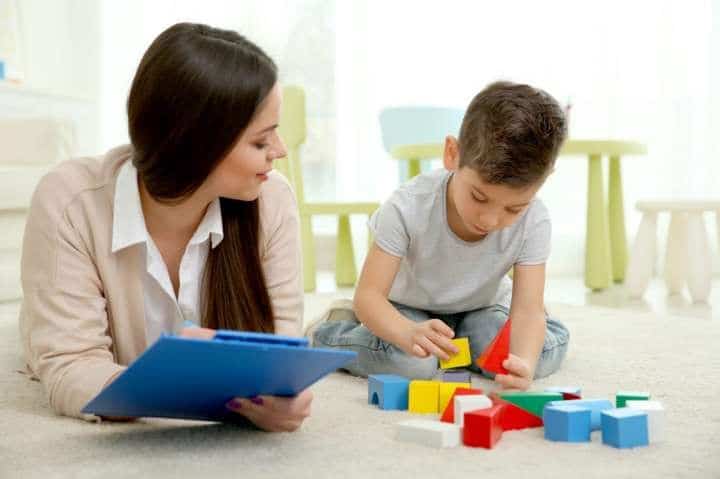Supporting Parents After an Autism Diagnosis: Tips and Guidance
It’s not an easy moment when the Pediatrician tells you they suspect your child might have
Autism and should get further testing. Everyone in this situation responds differently –
some with anger, some with grief, some with determination – and there is no right way or
wrong way to feel. There is also no right way or wrong way to respond. Receiving an autism
diagnosis for your child can be overwhelming and emotional. It’s a journey that requires
understanding, patience, and support. At In2Great Pediatric Therapy, we have many
friends on the Autism Spectrum, and although you may feel like you’ve been dropped into a
pitch-black field with no clear path, don’t worry. We’ve been down this very same path,
and we have flashlights to help light the way. Here are some tips and guidance to help you
navigate this new chapter in your life.
1. Educate Yourself with Support
Knowledge is empowering. Learn about autism spectrum disorder (ASD) to understand
your child’s unique needs and behaviors. There are many reputable resources available,
including books, websites, and support groups. We can recommend books for parents,
teens, and younger children. If you find yourself falling down a scary rabbit hole of
information, reach out for support. We have been in this hole before, and we know the way
out.
2. Connect with Professionals
Seek guidance from professionals such as pediatricians, neurologists, and occupational
therapists. They can provide valuable insights and help develop a tailored plan for your
child’s development. Call, email, visit – find someone who helps you feel comfortable and
answers your questions.
3. Join Support Groups
Connecting with other parents who have children with autism can be incredibly supportive.
Sharing experiences, advice, and emotional support can make a significant difference.
There are many support groups out there. Find the one that’s right for you. Virtual or in-
person, listen to other people who have walked this road. Just like educating yourself, take
the information you need or want, and leave the rest. Read, learn, and talk about only what
can in that moment. There is more advice and information than there are stars in the sky –
they are not all for you, your family, or your child.
4. Celebrate Small Victories
Every achievement, no matter how small, is a step forward. Celebrate your child’s progress
and milestones to build their confidence and motivation. Celebrate your own victories as
well. Every small step is a step. Treat yourself to your favorite lunch after a doctor visit or
reward yourself for getting up in the morning.
5. Take Care of Yourself
Parenting is a tough job at the best of times, and although it’s a great job you might not
trade for anything, that doesn’t make some of it very challenging. Caring for a child with
autism can be demanding. Ensure you take time for self-care and seek support when
needed. Your well-being is crucial for your child’s development. Put your own oxygen mask
on before assisting children (or those acting like children). You cannot pour from an empty
cup – there are a thousand metaphors that all mean the same thing – take care of yourself
whenever you can.
6. Advocate for Your Child
Be your child’s advocate in educational and social settings. Work closely with teachers,
therapists, and other professionals to ensure your child receives the support they need.
YOU are the expert on YOUR child. Make your wishes known and your voice heard. In some
instances, advocacy is its own unique form of self-care.
7. Stay Positive and Patient
The journey may be challenging but maintaining a positive and patient attitude can make a
significant difference. Remember, progress takes time, and every child is unique. We all
bring our own gifts to every situation. Find the calm and the positive when you can and stay
there as long as possible. We all feel like giving up, shouting, or crying, or screaming
sometimes. Understand that you are doing your best in the moment and look around for
the calm and the positive; they are usually not far out of reach.
Conclusion
Receiving an autism diagnosis for your child is the beginning of a new journey filled with
learning, growth, and love. By educating yourself, connecting with professionals and
support groups, and creating a structured and supportive environment, you can help your
child thrive. Celebrate their achievements, take care of yourself, and advocate for their
needs. With patience and positivity, you can navigate this journey together.

